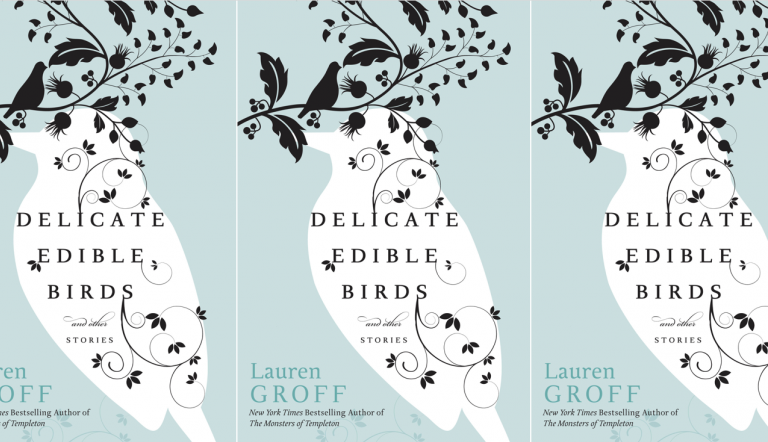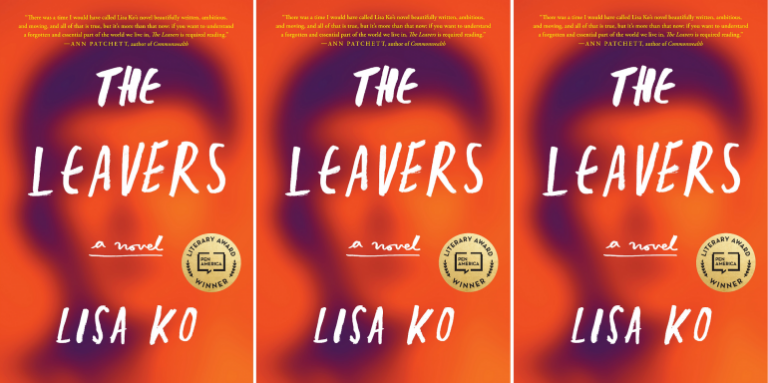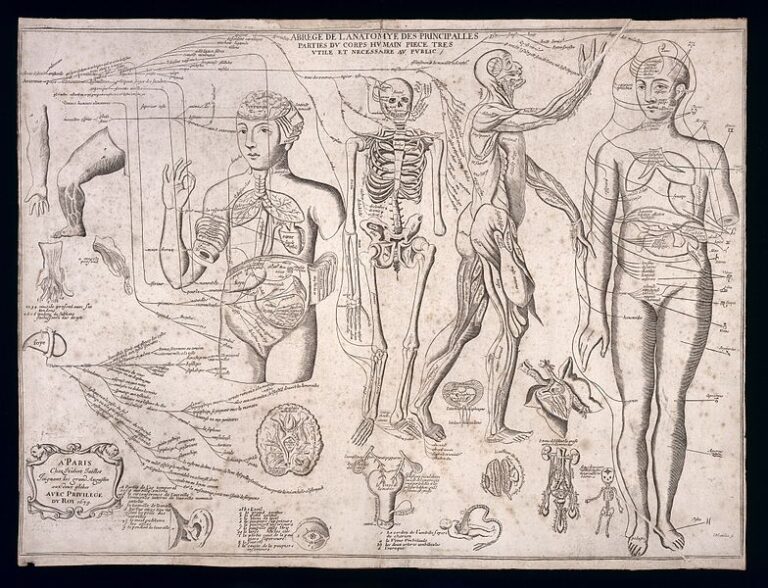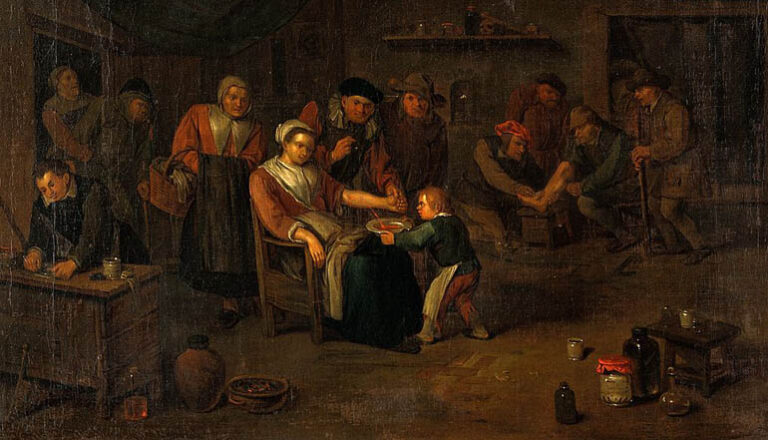We Were Strike and Instrument Both: Music and Queerness in Edinburgh
Alexander Chee’s first novel utilizes song as a discovery space for the body, giving insight into how the main character, Fee, understands his sexuality.

Alexander Chee’s first novel utilizes song as a discovery space for the body, giving insight into how the main character, Fee, understands his sexuality.

Little House in the Big Woods wasn’t just a pioneer narrative for me; it was an instruction manual, a way to look back and mark the shape of my own work. Rereading the book showed what I actually value in writing.

When it comes to women in traditional domestic fiction, likeability hinges on selflessness. While men in these types of stories are allowed agency over their comings and goings in a household, women are expected to continually give of themselves: bodily, spiritually, and emotionally.

By providing characterizations that transcend the limits of traditional intimacy Groff creates a spectrum of dysfunction. Without boundaries, love becomes poisonous. Its removal is painful.

For many people, this was a year of severing toxic relationships. What does it mean to love someone who refuses to communicate? To love a person who hurts you? Lori Ostlund’s Flannery O’Connor award-winning collection The Bigness of the World takes a look at communication (and miscommunication) in numerous ways.

In Lisa Ko’s The Leavers, a relationship between mother and son becomes a catalyst for analyzing domestic boundaries. At it’s heart, it’s a story about motherhood and personal responsibility.

How to control the body is a constant theme in Washuta’s work.

In “The Interior Castle,” Jean Stafford utilizes imaginary settings to display the importance of self-ownership and authority. By placing significance on the concrete and the ephemeral, writing about instances of control, and by using pain as a ballast for maintaining boundaries between the real and the imagined, Stafford actualizes setting as a marker for autonomy.

By utilizing various forms of “effluvia” in their work, Amelia Gray, Alexandra Kleeman, and Helen Oyeyemi give us greater insight into the human condition. They show us why shit matters.
No products in the cart.